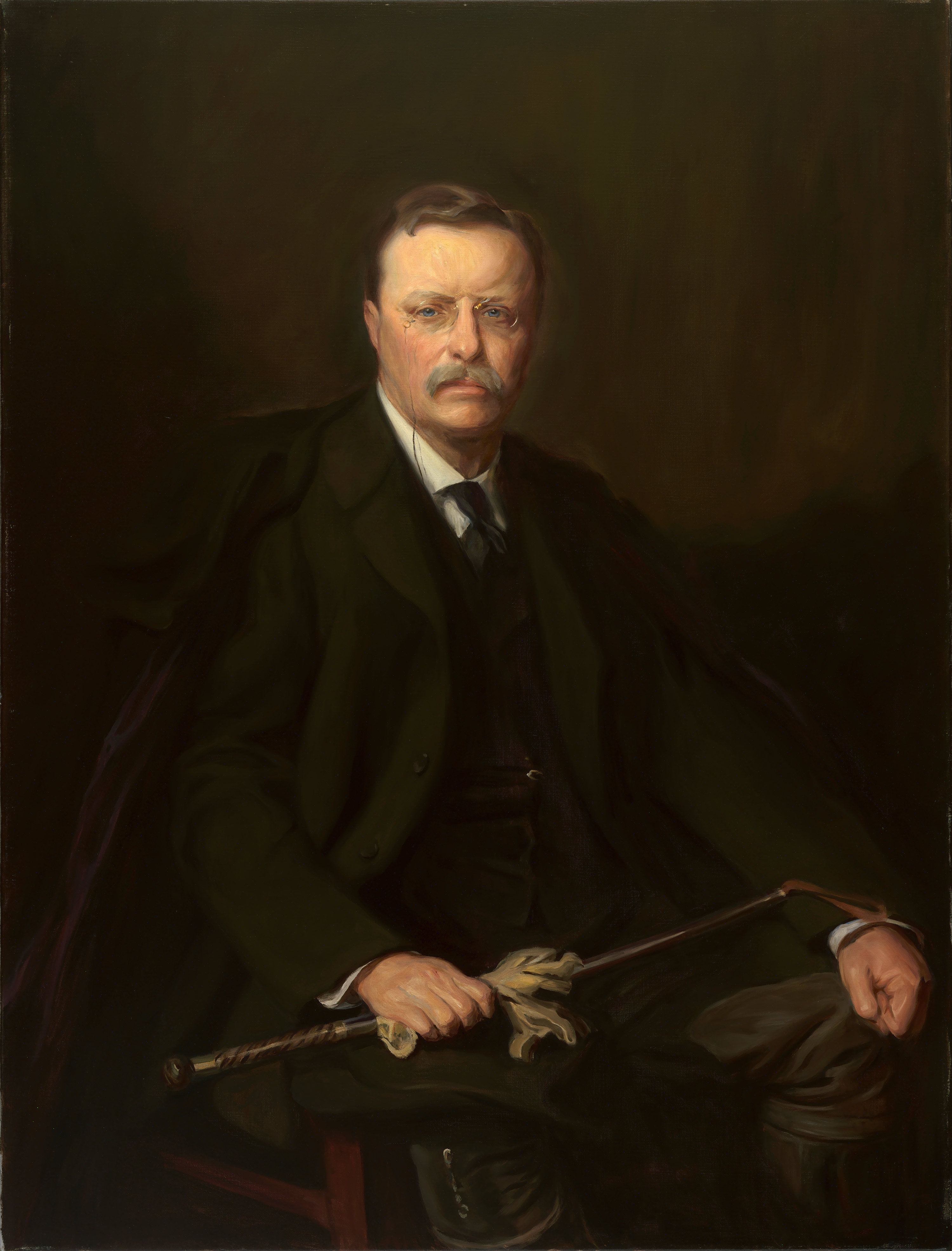Theodore Roosevelt

Theodore Roosevelt (1858–1919)
An outsize personality who preached the benefits of the “strenuous life” while also being among the most learned of presidents, Theodore Roosevelt gained national prominence as a civil service reformer, a hero of the Spanish-American War, and a proactive governor of New York. After William McKinley was assassinated in 1901, Roosevelt took office and initiated one of American history’s most reform-oriented presidencies. His contributions would include implementing efforts to conserve the nation’s disappearing natural heritage, instituting some of the first significant curbs on the excesses of big business, and building the Panama Canal.
Despite having progressive views on labor and consumer issues, Roosevelt maintained conservative views on a number of social issues. For example, he felt convinced that a declining birthrate among old-stock Americans threatened the nation as a whole and therefore opposed immigration, birth control, and the redefinition of women’s roles. Roosevelt was a fascinating bundle of contradictions, above all as a patrician who realized that unless essential reforms were initiated by government, American democracy was likely to fail.
Gift of the Theodore Roosevelt Association
